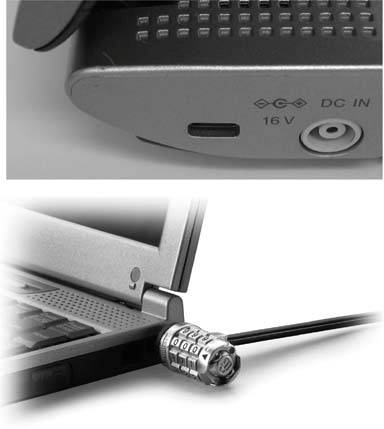Section 15.5. Phishing
15.5. PhishingIf a stranger came up to you on the street and asked for your banking password, you'd probably think he was loony. Yet, thousands of people feel compelled to hand over their banking passwords when that same request comes through email. In a practice known as phishing, scammers send emails that appear to come from your bank, PayPal, eBay, or similar finance- related sites (see Figure 15-9). Unfortunately, the emails are carefully crafted spoofs that try to trick you into visiting the scammer's site (cleverly constructed to look like a legitimate site) and entering your coveted account name and password. Legitimate companies never send you email asking you to verify your password. If legitimate companies need to contact you, they'll send a letter. Or, they simply wait until you visit their site and log in. The "urgent" requests in your mailbox come from thieves waiting for you to click their links and enter your account information, password, credit card numbers , and anything else they can trick you into revealing . Figure 15-8. Top: Many laptops, portable hard drives , monitors , projectors, and other expensive gadgets include a Security Slota small rectangular hole in the case that's left more than a few owners wondering what plugs into it. |
